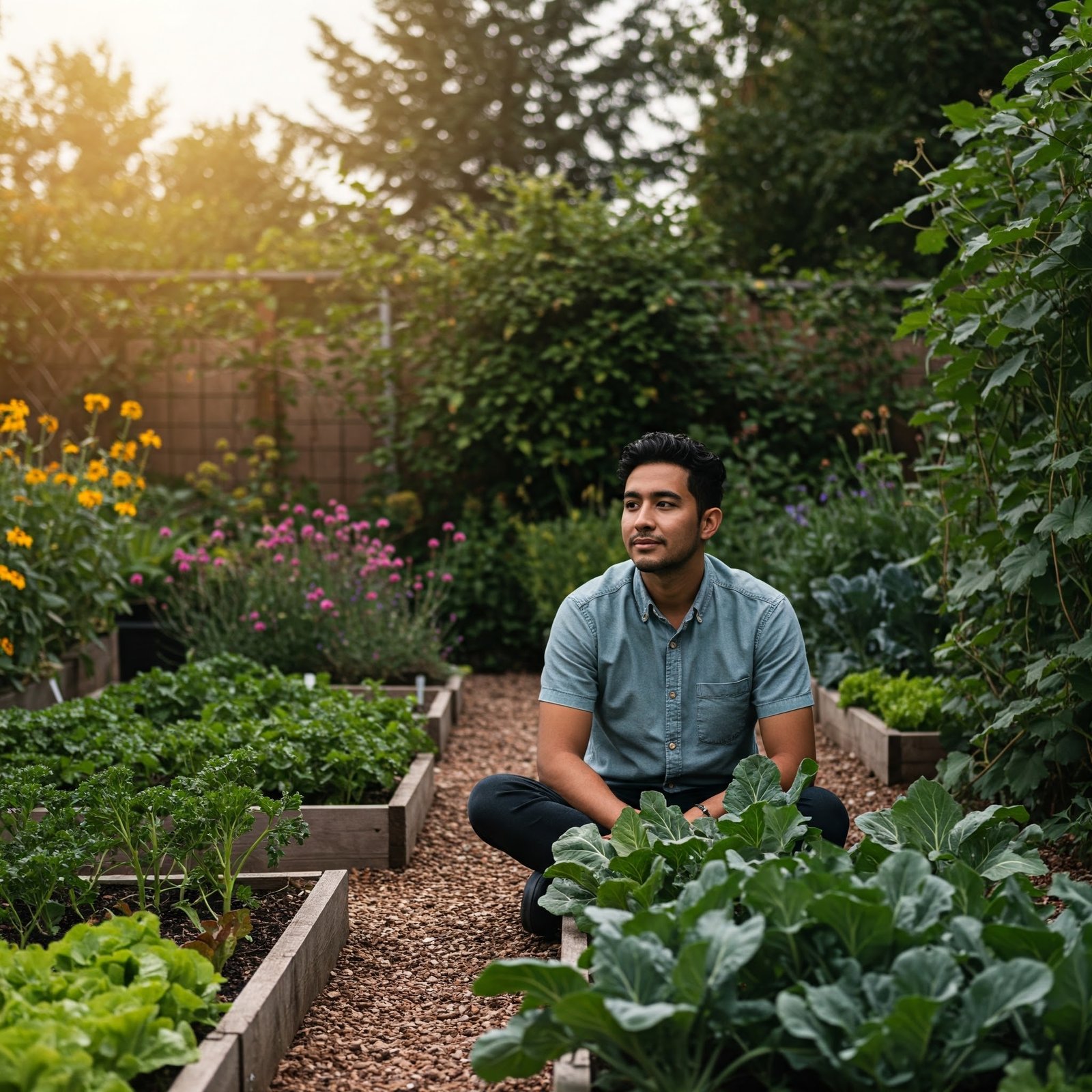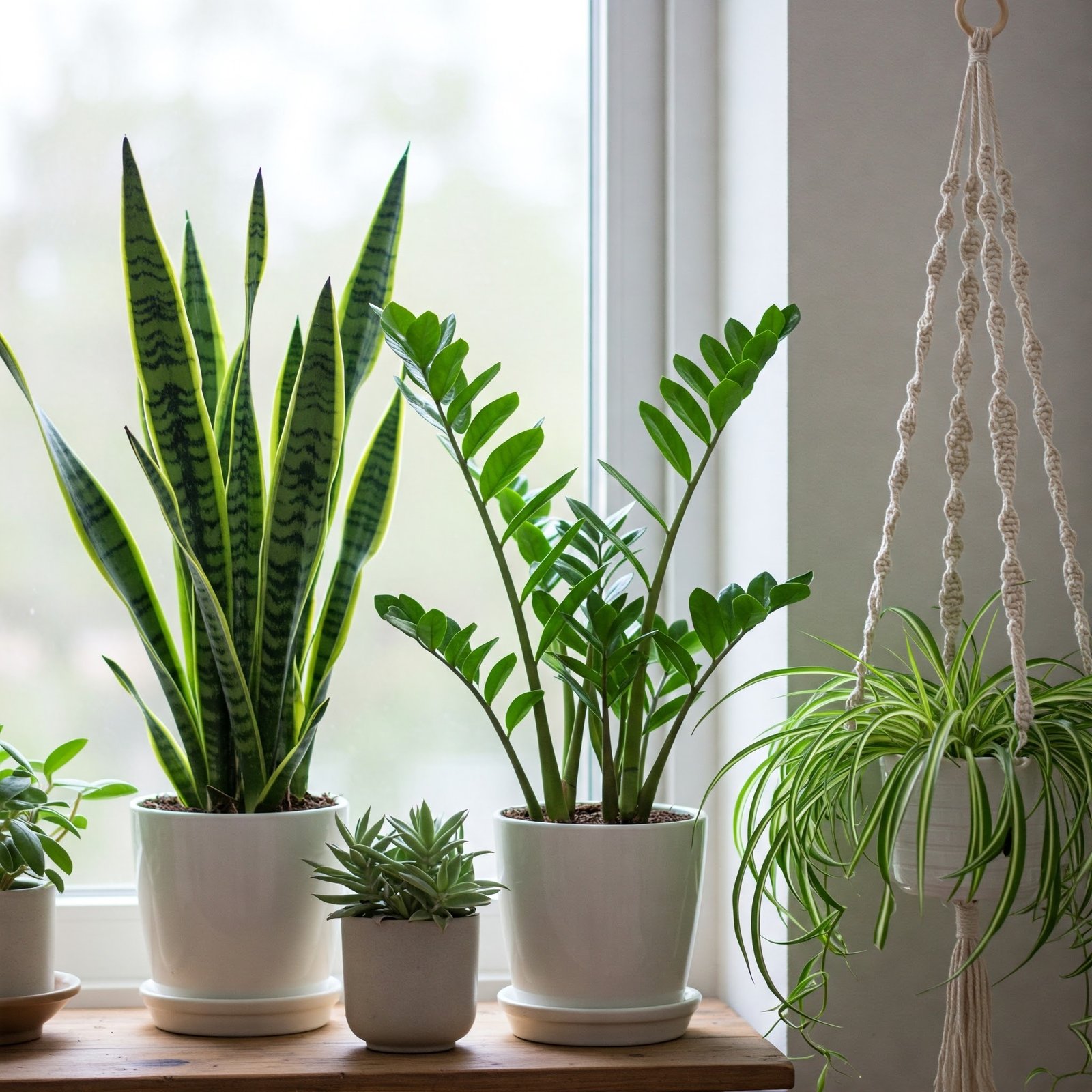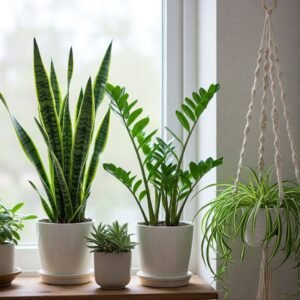Gardening for Mental Health | Nurture Your Mind Through Nature
Gardening isn’t just about growing plants it’s about growing a sense of calm, purpose, and joy. Tending to a garden can soothe your mind, lift your mood, and offer a quiet escape from daily stress. This blog explores how gardening for mental health works and shares practical ways to create your own therapeutic green space, even if you’re starting from scratch.
Why Gardening Boosts Your Mental Health
Digging in the dirt does something special for your brain. Studies show that gardening lowers cortisol, the stress hormone, and sparks feelings of accomplishment. The act of nurturing plants—watching a seedling sprout or a flower bloom can feel like a small victory, especially on tough days. Plus, being outside in the sun and fresh air boosts serotonin, helping you feel more grounded. It’s not about having a perfect garden; it’s about the process of caring for something alive.
The Magic of Therapeutic Gardening: How It Works
Therapeutic gardening is about using plants to heal your mind. It’s not complicated—just planting, watering, or even pruning can pull you into the present moment. The rhythm of these tasks quiets racing thoughts, almost like meditation. For example, pulling weeds can feel like clearing mental clutter, while the scent of herbs like rosemary can spark calm. It’s a way to connect with nature, which has a knack for making life’s worries feel smaller.
Gardening for Stress Relief: Simple Activities to Try
You don’t need a big yard to find peace through gardening. Try these easy tasks to unwind:
- Plant herbs like basil or mint in a small pot. Their scent is soothing, and you can use them in cooking.
- Weed a small patch mindfully, focusing on the feel of the soil and the tug of the roots.
- Water plants slowly, noticing how the soil darkens and the leaves perk up. These activities take just 10-15 minutes but can shift your mood. Set a timer, put on some music, and let the garden be your reset button.
Creating Your Own Therapeutic Garden Space
A therapeutic garden doesn’t need to be fancy—it’s about creating a spot that feels like a hug from nature. If you’ve got a balcony, use pots with lavender or chamomile for their calming scents. In a backyard, add a small bench or chair for quiet reflection. Even a windowsill with a few succulents works. Choose plants that spark joy for you, and add personal touches like pebbles or a wind chime. The goal is a space where you can breathe deeply and feel at ease.
Best Plants for Mental Health and Relaxation
Some plants are like natural therapists. Here are a few to try:
- Lavender: Its scent eases anxiety and helps you sleep better.
- Chamomile: Calming to look at and great for making tea.
- Mint: Refreshing and easy to grow, even in small spaces.
- Succulents: Low-maintenance, so you don’t stress about keeping them alive. These plants are forgiving for new gardeners and bring a sense of calm just by being around. Snip a mint leaf or brush against lavender, and you’ll feel the effect instantly.
Mindful Gardening Practices to Lift Your Mood
Gardening can be a mindfulness practice if you slow down and savor it. Try this simple routine:
- Start with a deep breath: Stand in your garden or by your plants and inhale slowly.
- Touch the plants: Feel the leaves or soil, noticing their texture.
- Focus on one task: Maybe it’s watering or trimming. Let it be your whole world for a few minutes.
- Listen to nature: Tune into birds chirping or leaves rustling. Doing this for just 5 minutes can lift your mood. It’s not about productivity—it’s about being present with your plants.
Getting Started: Gardening Tips for Beginners
Ready to give gardening a try? Here’s how to start small and keep it stress-free:
- Pick easy plants: Start with mint, succulents, or marigolds—they’re hard to kill.
- Get basic tools: A small trowel, watering can, and potting soil are enough.
- Choose a sunny spot: Most plants need 4-6 hours of sunlight.
- Start with one pot: You don’t need a big commitment—just one plant to care for.
- Water wisely: Check the soil; if it’s dry an inch down, it’s time to water. Mistakes happen—plants die, and that’s okay. Each one teaches you something. The key is to enjoy the process, not chase perfection.
Gardening for mental health is about finding small moments of peace in a busy world. Whether it’s a single pot of mint on your windowsill or a backyard full of flowers, your garden can be a sanctuary for your mind. Start small, experiment, and let your plants remind you to slow down and breathe. What’s one plant you’d love to grow to boost your mood? Share your thoughts below!










